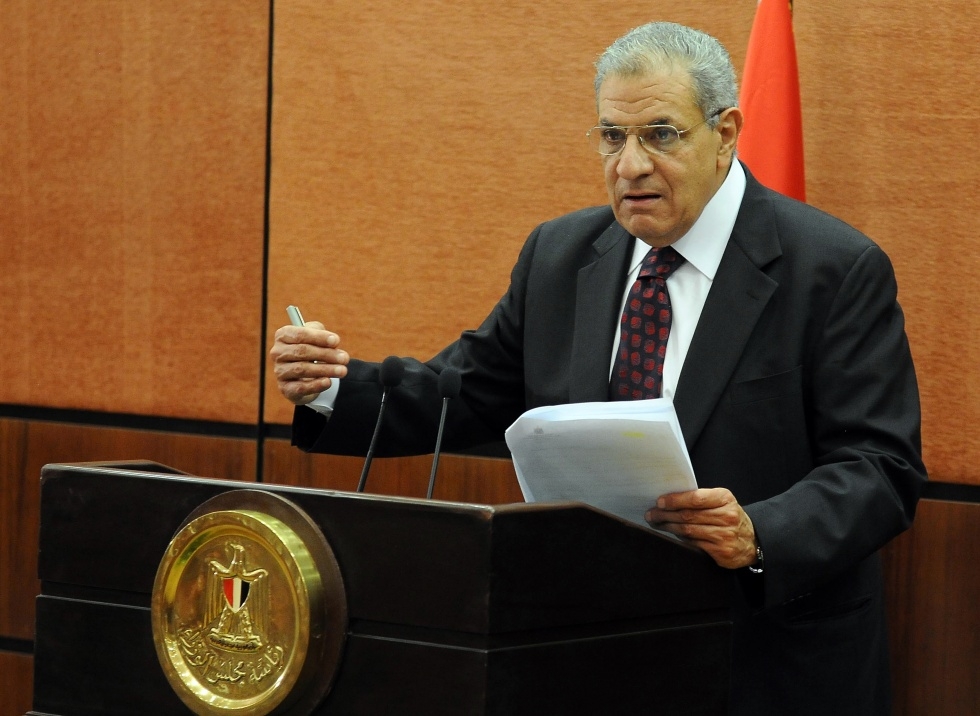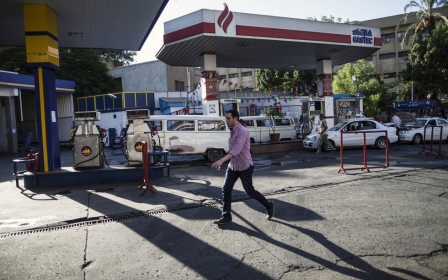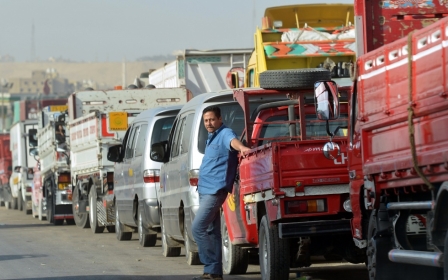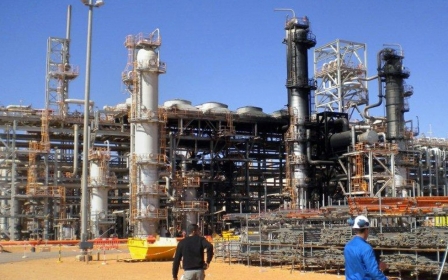Egypt PM says power cuts could ease next week

Egypt's prime minister said Wednesday he hoped severe power cuts across the country will be reduced next week, after widespread complaints over unprecedented blackouts of up to eight hours a day.
The intermittent power cuts - often lasting for an hour each and up to seven or eight times a day - come during the peak of the blistering summer when temperatures can hover around 40 degrees Celsius (104 Fahrenheit).
President Abdel Fattah al-Sisi's government has been mindful of the potential for unrest.
Power cuts in 2013 added to widespread grievances against Islamist president Mohammed Morsi, toppled by the military then led by Sisi after massive protests.
"God willing, God willing, maybe starting from next Sunday there will be gradual improvement, and it will be a noticeable improvement," said Prime Minister Ibrahim Mahlab.
"By the end of August, God willing, we will have saved 50 percent of the electricity we have lost," he said at a press conference following a meeting with Sisi and the ministers of electricity and petroleum.
The petroleum minister, Sherif Ismail, said his ministry would provide larger amounts of gas over the next months to fuel power stations.
Gas shortages as well as antiquated and insufficient power plants have been the main reasons for the power cuts.
The government has also blamed saboteurs loyal to Morsi.
Morsi himself had blamed loyalists of Hosni Mubarak, the veteran strongman toppled in a 2011 uprising, for power cuts and fuel shortages during his single year in power.
New MEE newsletter: Jerusalem Dispatch
Sign up to get the latest insights and analysis on Israel-Palestine, alongside Turkey Unpacked and other MEE newsletters
Middle East Eye delivers independent and unrivalled coverage and analysis of the Middle East, North Africa and beyond. To learn more about republishing this content and the associated fees, please fill out this form. More about MEE can be found here.




